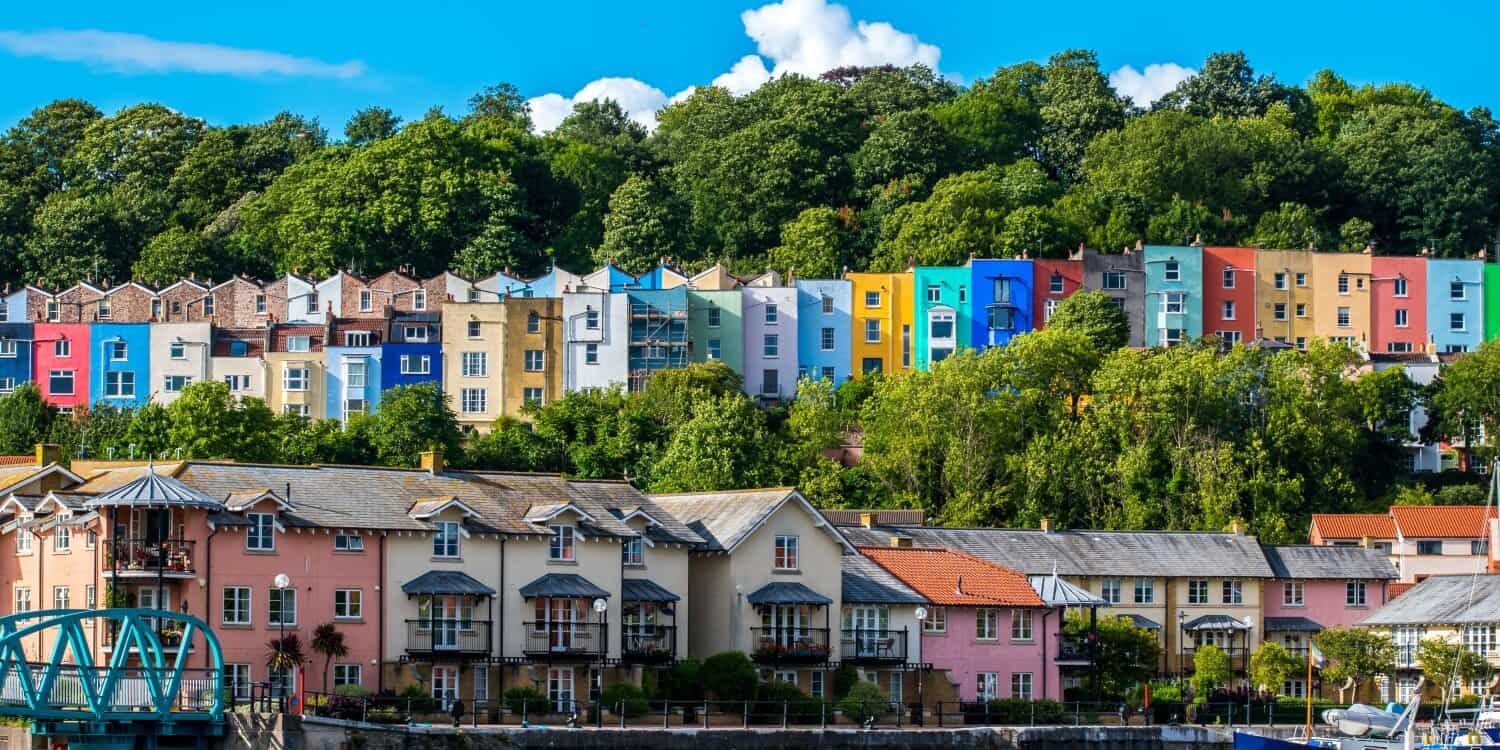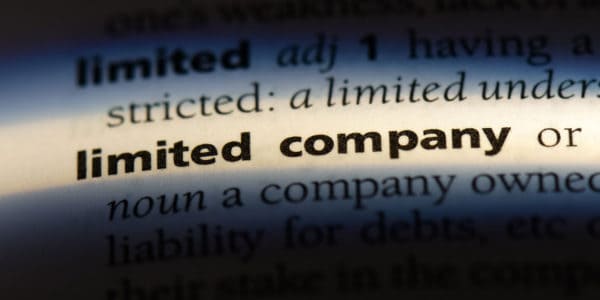Starting a business is always an adventure, and choosing where to base it can make a surprising difference. Location shapes everything from your costs to your customer base, not to mention the availability of talent, networks, and funding.
With so much at stake, entrepreneurs often ask: Where is the best place in the UK to start a business?
The answer in 2026 isn’t the same as it was a few years ago. The UK’s business landscape has shifted: cities once hailed as affordable or supportive have changed, while others have emerged as vibrant startup hubs. Using the latest economic figures, rental costs, and sector insights, we’ve highlighted the five UK cities that stand out as the best places to start a business in 2026.
Key takeaways
- Matching your business sector to a city’s strengths dramatically increases the chances of startup success in the UK.
- Bristol and Oxford offer rare combinations of affordability, skilled talent, and sector-specific support for new ventures.
- Edinburgh’s fintech edge, York’s diversified economy, and Oxford’s talent pipeline are game-changers for new businesses.
1. York – resilience, heritage and steady growth
York is often considered a city of history: after all, its cobbled streets and medieval walls draw millions of visitors each year. But in recent years, it has also earned a quieter reputation as a place where new businesses have a better chance of lasting.
- How to form a limited company: 5 requirements
- Local SEO for new UK companies: How to get found online
- Benefits of a Digital Mailroom
Running costs are part of the picture. Commercial rents are cheaper than in London, and the city’s GDP (gross domestic product) sits at £6.9 billion. That combination makes York both relatively affordable and substantial: large enough to support growth, but not so expensive that early-stage companies struggle to get off the ground.
What really underpins this resilience, though, is the balance of York’s economy. Scientific ventures benefit from the York Biotech Campus, transport technology remains a well-established strength, and tourism continues to fuel both the creative industries and independent retailers, contributing over £2 billion to York’s economy in 2024 alone. Rather than relying on a single sector, York spreads opportunity across several, giving new businesses more ways to connect and grow.
Looking forward, the £2.5 billion York Central regeneration project is set to create thousands of jobs and open up new commercial space. It suggests that York’s appeal won’t just rest on history or stability, but on steady expansion as well: a useful mix for entrepreneurs planning for the long term.
2. Bristol – creative spirit and green energy innovation
If York’s attraction lies in stability, Bristol’s lies in momentum. It has long been known for its independence and cultural life, and today those qualities are feeding into a dynamic startup scene.
The figures show why. The local economy is valued at £22.8 billion, but the city’s retail market is substantially shaped by independent operators who thrive in more affordable spaces. Many retail spaces fall under the £25,000-a-year rent threshold and often qualify for little or no business rates. That balance of scale and affordability is rare for a city in the south with strong connections to London.
Bristol’s creative industries form one of its strongest attractions. According to Professor Andrew Spicer of UWE Bristol, the city is home to the largest independent film and television production sector outside London, and boasts a thriving digital design community. This creates jobs and networks, where media, design, and technology overlap in ways that spark new ventures.
At the same time, Bristol is becoming a leader in sustainability. The City Leap partnership and other net-zero projects are opening doors for businesses in clean energy and green infrastructure. Beyond just customers, startups in these areas can find an ecosystem actively designed to help them grow.
For founders in creative, digital, or green sectors, Bristol offers an unusual combination: a city that is affordable, well-connected, and ambitious enough to drive innovation on a national stage.
3. Edinburgh – fintech strength and knowledge-led growth
Edinburgh carries a dual identity: a city of historic gravitas, with its castle and festivals drawing global attention, and one of the UK’s most forward-looking startup ecosystems. That combination of tradition and innovation gives it a distinctive place on the map for entrepreneurs.
The city’s economy is substantial, valued at £36.5 billion – and data released in 2025 shows its GDP per capita now outstrips London’s. And while its relatively high retail rents mean it’s not the cheapest city on our list, for many founders, the depth of opportunity can more than compensate.
Where Edinburgh truly stands out is in fintech. It’s home to a nationally recognised cluster supported by the Scottish Government and world-class universities. Fintech Scotland continues to report growth in both jobs and new ventures, while international summits regularly connect local businesses with investors from around the globe.
Even if you’re not looking to launch the next fintech unicorn, being based in Edinburgh means you’re part of a city with a highly skilled workforce, strong digital infrastructure, and an open business community.
4. Oxford – smart talent and credibility
Oxford’s reputation as a centre of learning is centuries old, but it’s also carving out a strong position as a hub for new businesses. Nationwide studies consistently rank it among the best UK cities for entrepreneurs, recognising bts affordability and talent pool.
One of Oxford’s key advantages is the relative cost of space. While London remains prohibitively expensive for many startups, Oxford offers office and lab facilities at a significantly cheaper rate – often at half of London rates, according to the Financial Times. And for firms in biotech, medtech, and advanced engineering, that difference can be decisive.
Beyond lab space, the city’s talent pool is perhaps its greatest strength. Oxford ranks second among 55 English cities for its share of residents with degree-level qualifications, with 43% of its population holding such credentials. At the same time, the city records one of the lowest unemployment rates in the country. It’s no surprise, then, that Oxford has also produced thriving consultancies, digital agencies, and professional service firms – all drawing from the same highly skilled workforce as its university spinouts and labs.
Finally, Oxford offers founders something rare: facilities, skills, and credibility. Building a company here connects you with one of the world’s great centres of research and innovation – but you don’t need to be a lab-based startup to benefit. Even small firms find that being able to say they’re “Oxford-based” carries weight with partners, investors, and customers far beyond the city itself.
5. Manchester – expanding health tech and life sciences
Manchester has long been recognised as the UK’s largest city outside London, with a diverse economy and strong transport links. These days, one area of particular strength is health innovation.
The city ranks third in the UK for new health-sector businesses created in the past year, according to the Financial Times, with major investments such as the Citylabs 4.0 facility and the UK Biobank headquarters driving growth in life sciences. But the benefits extend beyond big biomedical research firms.
Manchester’s investment in health, digital, and advanced manufacturing creates opportunities for startups, from small tech consultancies and creative agencies to service providers that plug into larger supply chains. Add in a deep talent pool, a thriving media scene, and affordable housing compared with London (according to Manchester City Council, the average house still costs around 60% less than in London) – and it’s easy to see why the city attracts so many founders.
For entrepreneurs who want the buzz of a major urban centre without the costs of the capital, Manchester offers both scale and community. You don’t need to be a health tech business to benefit: simply being part of such a fast-growing, well-connected ecosystem can open doors.
How we determined the rankings
Our rankings drew on a broad set of measures that affect how businesses start, survive, and grow. Among the factors we considered were economic scale (captured by city GDP), commercial affordability (looking at rents and property costs), and sector strengths (where clusters and reputations give some places an edge in particular industries).
These are just part of the picture, of course. We also looked at a wider mix of data (from survival rates and infrastructure to skills and investment trends), before narrowing in on the most consistent drivers of startup success.
These measures show how different cities create different conditions for startups. Some are more resilient, others more affordable, and others stronger in specialist sectors.
Match your sector to the right city
There isn’t a single “best” city for every startup. The right choice depends on how well a place aligns with your sector. A fintech firm, for instance, might find Edinburgh’s financial services network hard to beat. In contrast, a media venture may gain more traction in Bristol, where the industry plays a key role in the city’s economy.
The key takeaway? Your best base is usually the one where your industry is already gathering pace. That might be one of the five cities highlighted here, but not always. For some businesses, London still offers the reach and investor density that no other city can match. For others, the best option could be a cheap regional hub outside the spotlight.
What to do after choosing your city
Once you’ve chosen a base, the task becomes turning that decision into a presence on the ground. Not every business needs permanent premises straight away, so many founders begin with a virtual office – a way to secure that presence, manage correspondence, and meet in the city when needed, without the weight of a long lease.
From there, attention can shift to the local ecosystem. Councils, universities, and accelerators often provide grants, mentoring, and introductions, which help early-stage firms root themselves more firmly in the community they’ve chosen.
Wherever your business begins, getting the setup right helps you build credibility and stay agile. We take care of your legal formation and provide address solutions that allow you to establish presence in your chosen city, without the overheads. We can help you put those foundations in place. Our formation packages take care of the legal setup, so your company starts on solid ground. And our registered office solutions provide the flexibility to grow without committing to heavy overheads too soon.










Join The Discussion